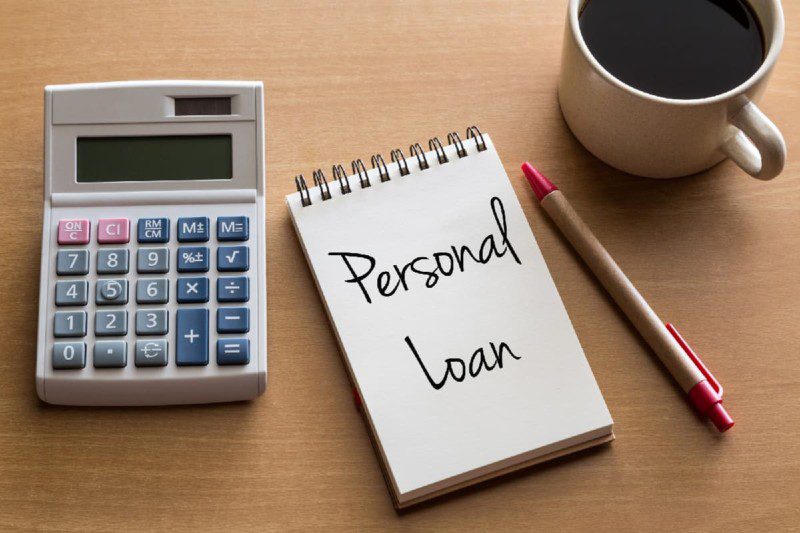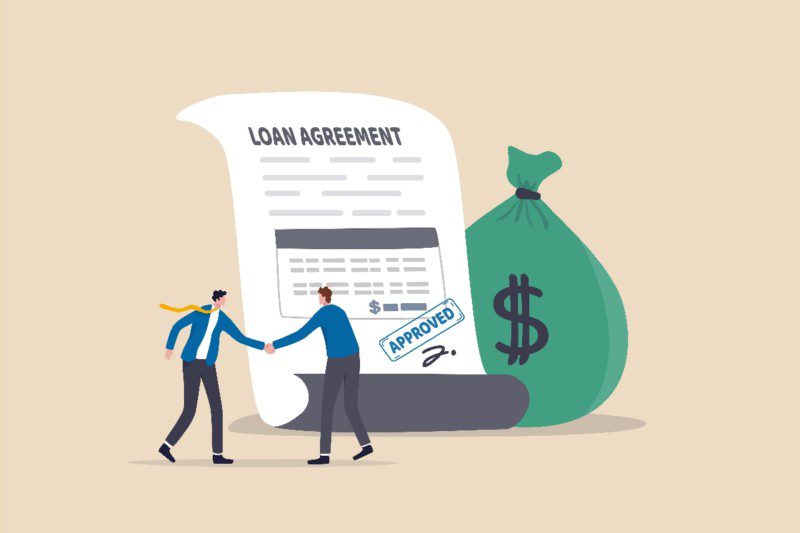A personal loan can be an excellent way to get funding for various reasons. Usually, there’s no need for collateral, plus application processing and approval are relatively quick. You can apply for a personal loan to consolidate your debts, remodel your house, or fund a medical emergency, among other things.
There are several lending options you can choose from. You could go the traditional route of applying through banks or credit unions or obtain fast secured loans online. Nevertheless, it’d be best if you meticulously weighed your choices to find the one that best fulfills your needs.
However, applying for a personal loan can lead to mistakes that can get in the way of your approval, especially if it’s your first time. These include:
1. Not Comparing Lenders
Even if you believe you can get a loan at a good rate, it’s best not to apply for a loan hurriedly. Don’t simply go for the first lender that comes to mind. People who are in desperate need of cash may fall into this trap. Unfortunately, you’ll never know if you’re getting the best rate possible if you make this mistake.
Thankfully, most credit unions and banks have preapproval procedures that allow you to compare loan offers. Also, you can compare interest rates among lenders by using online loan matching tools. It makes shopping around for loans much easier. Plus, you don’t have to worry about your credit score being affected.
2. Approaching Too Many Lenders
While considering many financing choices is okay, approaching too many lenders isn’t. Every time you approach a lender and submit an application, a query is raised and appears on your credit report, which might impact your score.
Note that such queries are dated. So, if many of them appear within a short time, you’ll essentially be flagged as credit hungry, which isn’t a good look. It may increase your chances of getting rejected. If you do get a loan, it’ll almost certainly have a high-interest rate.
3. Taking Long Payment Terms
While it may appear prudent to extend the loan term, it may not be in the long run. A longer payment term means that you’ll pay smaller monthly installments. However, it also means that the bank or lender will be collecting interest payments from you for longer. It could mean that the loan will be even more expensive ultimately. Therefore, it’s best to opt for loans with shorter repayment periods to avoid paying a fortune in interest charges over time.
Related: How Can I Protect My Finances Against Bank Failure?
4. Not Reading The Paperwork Thoroughly
Before your loan is approved and finalized, the lender will send documents for review. They often contain information regarding the calculation of interest, payment methods, possible penalties and charges, and payment schedules, amongst other things. You must agree to the terms and conditions detailed in these documents for the loan to be finalized. But, before signing anything, make sure you thoroughly read the fine print. Take the time to understand each loan agreement element to avoid surprises.

5. Overlooking Your Credit Score
Credit scores are crucial in deciding whether your loan application is approved and what interest rate you’ll receive. Lenders care about your credit score since it helps them determine your capacity to repay the loan on time.
People with good credit scores are considered more creditworthy and are more likely to obtain loans at low-interest rates. However, obtaining a loan at a reasonable interest rate may be challenging if you have a low credit score. The lender may even reject your application in some cases. Keep in mind that most lenders have minimum credit requirements; your application will likely be rejected if you don’t meet them.
Consider getting a personal copy of your credit reports before applying for a loan to prevent any surprises. It also allows you to lodge disputes if you detect any irregularities affecting your score. Knowing your score can help determine lenders’ criteria when evaluating your application.
If you have a bad credit score, it’s advisable to examine other possible funding sources. Alternatively, you may still explore methods to improve your score.
6. Overlooking Fees And Charges
One typical error is failing to consider the hidden or extra fees associated with obtaining a loan. These may include application fees, prepayment penalties, and late payment fees. Fortunately, you can avoid most of these charges if you make payments on time. Nonetheless, it’d be best to research the fees and penalties imposed by different lenders.
Conclusion
You must have a valid reason for acquiring a loan, and failure to pay it off will affect your credit score. Therefore, you must be prepared mentally and financially to pay for any loan you may get. If you’re looking to apply for a personal loan, be wary of the mistakes mentioned above and learn from them. In addition, give yourself enough time to compare your options so that you’ll end up with the best offer for your budget.





